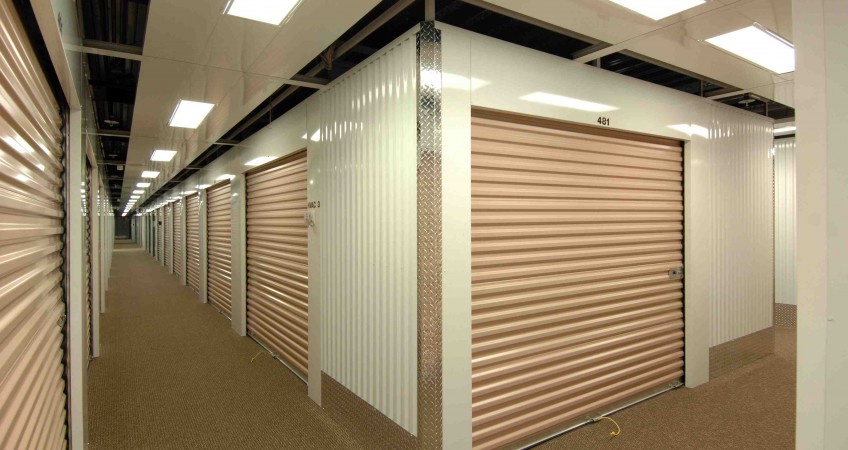
The reality show “Storage Wars” shows that the contents of your storage unit are fair game should you default on your rent. But how are your belongings protected otherwise? Does your homeowners insurance cover any damages? Does the storage facility carry adequate insurance? What about any special/high-value items? Are they fully covered?
Break-ins occur even in the most secure storage facilities. Floods from faulty sprinkler systems and accidental fires will ruin most if not all of what you have stored. Before that happens, make sure you are covered.
The Insurance Information Institute has these suggestions:
Some standard homeowners and renters insurance policies include coverage for personal possessions kept off-premises including a storage facility. Off-premises coverage includes theft and damage from fires, tornadoes and other perils listed in the policy. However, it does not cover for damage caused by flooding, earthquakes, mold and mildew, vermin or poor maintenance. And check the coverage limits, as these vary by company.
Find out what type of financial protection is provided by the storage facility. Most facilities provide reimbursement based on the square footage of the unit. Check both the coverage limits and whether it is provided on an actual cash value or replacement cost basis. Most storage facilities will also offer a variety of supplemental insurance packages; ask your insurance professional if it would make sense to buy this additional coverage.
Consider special insurance or storage for expensive items. If you intend to store valuable property, such as art, antiques, jewelry or furs, there may be dollar restrictions under your standard homeowners or renter’s insurance policy for theft. Think about adding a floater or endorsement to your policy in order to fully cover these items.
There are also specialized storage facilities available for these types of items, as they often need to be kept at specific temperature and humidity levels. Small items such as jewelry will cost less to insure if they are kept in a bank safe-deposit box. Keep in mind contents in a safe-deposit box are not insured by the bank.
As always, check with your insurance professional to be sure you are fully covered for any eventuality.
